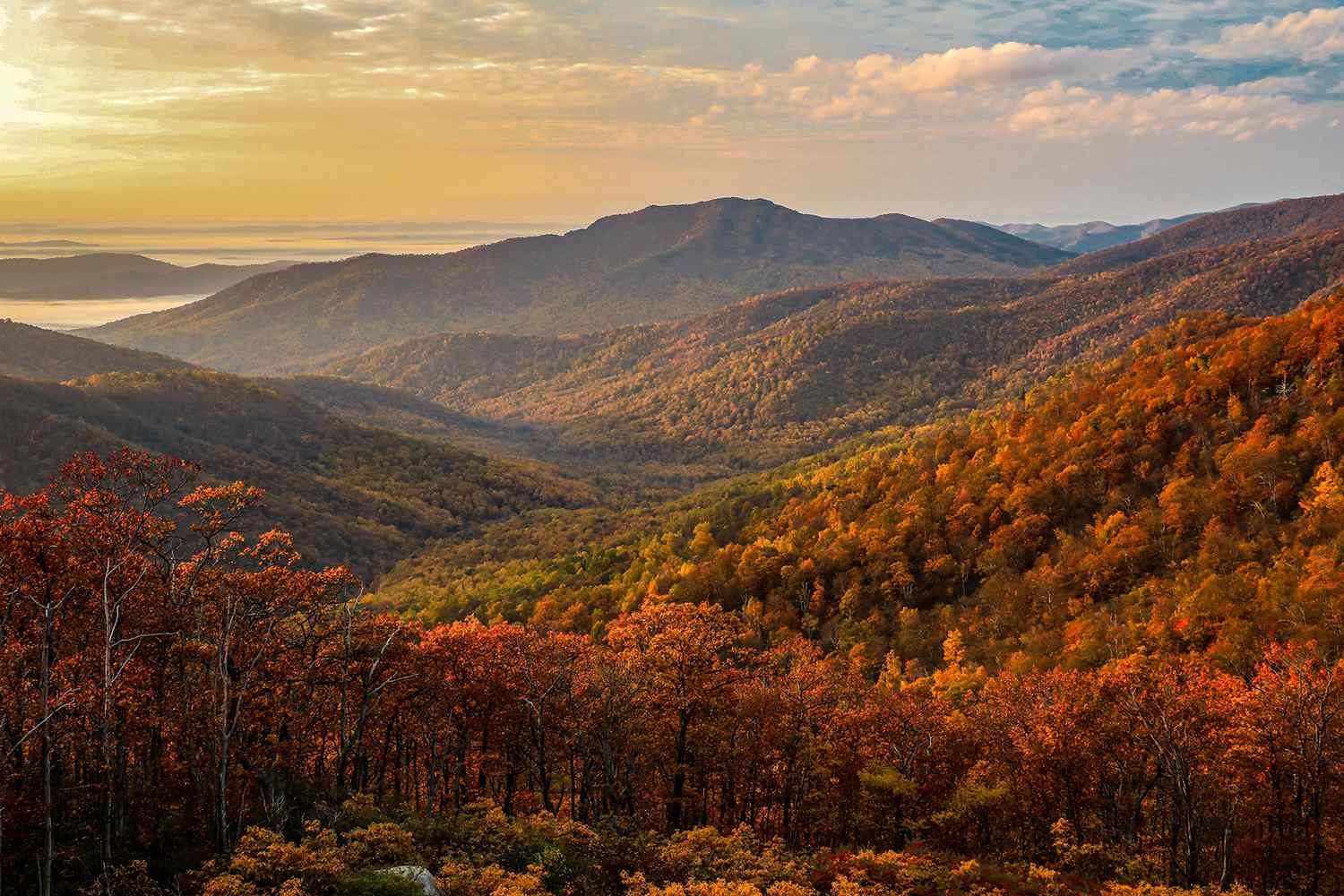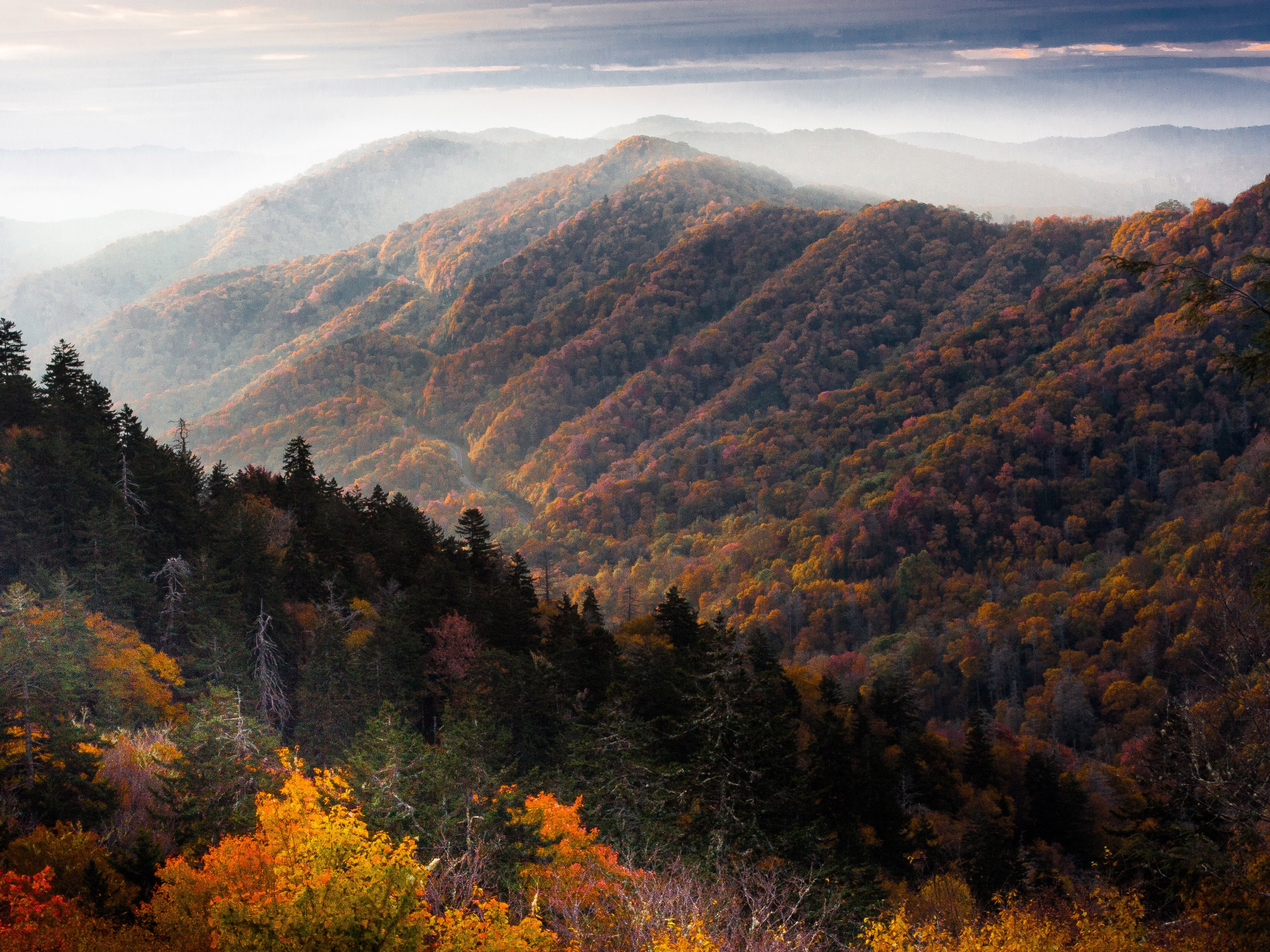Small? The Appalachians today are the resting skeleton of a mountain range so tall and enduring that the mud and sand that washed off them piled miles high and formed the Catskill mountains. The Appalachians were so mighty that their garbage formed mountains
Science Memes
Welcome to c/science_memes @ Mander.xyz!
A place for majestic STEMLORD peacocking, as well as memes about the realities of working in a lab.

Rules
- Don't throw mud. Behave like an intellectual and remember the human.
- Keep it rooted (on topic).
- No spam.
- Infographics welcome, get schooled.
This is a science community. We use the Dawkins definition of meme.
Research Committee
Other Mander Communities
Science and Research
Biology and Life Sciences
- !abiogenesis@mander.xyz
- !animal-behavior@mander.xyz
- !anthropology@mander.xyz
- !arachnology@mander.xyz
- !balconygardening@slrpnk.net
- !biodiversity@mander.xyz
- !biology@mander.xyz
- !biophysics@mander.xyz
- !botany@mander.xyz
- !ecology@mander.xyz
- !entomology@mander.xyz
- !fermentation@mander.xyz
- !herpetology@mander.xyz
- !houseplants@mander.xyz
- !medicine@mander.xyz
- !microscopy@mander.xyz
- !mycology@mander.xyz
- !nudibranchs@mander.xyz
- !nutrition@mander.xyz
- !palaeoecology@mander.xyz
- !palaeontology@mander.xyz
- !photosynthesis@mander.xyz
- !plantid@mander.xyz
- !plants@mander.xyz
- !reptiles and amphibians@mander.xyz
Physical Sciences
- !astronomy@mander.xyz
- !chemistry@mander.xyz
- !earthscience@mander.xyz
- !geography@mander.xyz
- !geospatial@mander.xyz
- !nuclear@mander.xyz
- !physics@mander.xyz
- !quantum-computing@mander.xyz
- !spectroscopy@mander.xyz
Humanities and Social Sciences
Practical and Applied Sciences
- !exercise-and sports-science@mander.xyz
- !gardening@mander.xyz
- !self sufficiency@mander.xyz
- !soilscience@slrpnk.net
- !terrariums@mander.xyz
- !timelapse@mander.xyz
Memes
Miscellaneous
Also they spread so far that they were broken when Pangaea, the first landmass, split apart. The other half is the Scottish Highlands. They are older than the Atlantic Ocean between them.
One nit, pangea wasn't the first supercontinent, we know of at least two, maybe three before it. The stone of the Adirondak mountains was formed as part of the Grenville mountains, which were built by a suprecontinent 1.5 billion years ago (the adirondaks got tall be'ause of a much more recent, unrelated thing, but their stone is very old). The Grenville runs from Hudson Bay to Texas
And theoretically the Atlas in Northern Africa
Big deal, Americans do the same every day!
Dammit! I am sleep deprived and grumpy, but you got a good chuckle out of me... Thanks.
As a geologist who works in the Appalachians... They're cool af.
Nothing is more surreal than being a geologist. Just today I was standing on a dirt road in the middle of farmers field. Looking at the ground is an innocuous little outcrop of boring looking rocks. But those rocks erupted at the bottom of a back arc basin off the coast of Laurentia, was buried by ocean sediment for ages, had an entire ISLAND of rock thrust onto it, and then buried 10s of kilometers deep. The history one rock can tell is amazing.
You must be fun at parties
No, like for real. People getting excited about what they do is the best.
As a non-geologist living next to Lake Diefenbaker (the reservoir formed by damming the South Saskatchewan River), I also like geological history.
I have a standard reply for when I'm asked why we chose to move to this "treeless wasteland". "I look out at the flat horizon and see how the glaciers planed the earth the way a woodworker flattens a board. I look around me at the river breaks and see how the meltwater from retreating glaciers carved the earth away into shapes that defy imagination." I don't know accurate any of that is, but it fits my mental model of what I was taught in high school.
(What we call the river breaks are twisted and braided networks of coulees, some with sides so steep as to require mountaineering equipment. Most still run with meltwater in the spring.)
I have started daydreaming of a career change to geology. There are just so many unanswered questions and its not like space or physics were these questions are tinyor super far away. You can just walk upto a geologic puzzle and hit it with a hammer.
Ever heard of Geophysics? :) https://en.m.wikipedia.org/wiki/Geophysics
Not sure if my username gave it away or not, but I’m really into applied mathematics. I’m a physics major right now, & while I don’t immediately see myself studying this in grad school, I think that the physics of Volcanism/Plate Tectonics is extremely fascinating. It certainly looks at the history of the world through a very different lens, but I wouldn’t write it off completely!! The physics of our Earth is a beautiful, beautiful thing. :)
Yeah! Geomag, tomography, and dating are all really important tools, and magma dynamics is a whole encyclopedia waiting to be written. So cool!
Geography is just physics slowed down, with a couple of trees stuck in it.
Terry Pratchett
"this rock tastes like.... History."
At their highest it was estimated that the Appalachians were comparable to the Himalayas, with the potential for multiple Everest height mountains along the chain.
They are also only half of the original mountain range, which was split when pangaea split apart.
The other half is now resting across europe, I think along the northern range.
The scottish highlands are the continuation of the appalachians. Those long striations you can easily see on heightmaps is pretty much the most easily noticeable features of both ranges.
This is because thats basically the upper limit for how tall a mountain can be on this planet.
What's the limiting factor? I assume it's something with gravity?
I guess, because taller mountains need a bigger/heavier base (Mnt Everest is only a few km over it's base, stone is too brittle) and a too heavy base gets "liquid" on, or literally under the plate (it's magma underneath).
Only guessing though.
But then there's Himalaya and the whole mongolian ranges on the same plate...
Seeing it like that, we are beings of energy, existing on the thin skin of a ball of molten stone, revolving around a ball of fire.
Mountain bases can support a lot. Everest is not terribly tall from its base, true, but Denali is 5500 meters from base to top and Mauna Kea rises to 10000 meters over base.
Its also a bit of an incorrect picure to think of the interior magma as a liquid. It can flow, but it can also sieze up or crack. Its an in-between, like corn starch and water.
Its indirectly gravity. The taller the mountain, the more eroding force can be pleced on it. Water travels faster and therefore cuts deeper.
Everest is still uplifting fairly quickly at 1mm a year, but its also eroding at roughly the same pace and won't get significantly taller than it is now. The same is true for the rest of the Himalaya as well, the whole range is eroding at a very high pace.
The Himalaya are home to some very spectacular canyons, including the largest canyon above water. The geology there is on full display and incredible.
Almost heaven, West Virginia
Blue Ridge Mountains, Shenandoah River
Life is old there, older than the trees
Younger than the mountains, growin' like a breeze
Never thought about the song that way...
Wow.
LOVE this song, got it in a couple of lists. Never understood that lyric. Mr. Denver was ahead of us all.
He was also singing about Western Virginia, and not West Virginia because the Shenandoah River and the Blue Ridge mountains are both in Virginia.
And that is the scientific reason the Appalachians are haunted as hell.
We worship the Old Gods in them there hills.
Was thinking of this pod while reading the post. So good
As someone who reads much more than listens to podcasts, I've wanted to get into this series for years now, but it feels like I never have enough time, especially as I'm not sure my wife would be onboard with the idea of an audio serial.
Then again, it is spooky season, so now's the time to pitch it, I guess. Any suggestions for diving in for a podcast novice who has a negligible commute and small kids at home? My kids are not sheltered but any stretch, but are probably too young for eldritch horror.
Edit: really, it's the same issue I have with Critical Role; it sounds great to me, but finding enough time on my own to be able to get into it is way harder than reading a book.
I'm not really a science person, but that was super cool to read!
I’m not really a non-science-person person, but I’m glad u appreciated it.
And by "enjoy them while you can" it really means "your life will elapse millions of times over before they're gone"
I had to look if this was posted in Science Memes or RPG Memes.
One thing that will never seem to leave my head is that I had read that the current mountain tops of the Appalachians are actually the original valleys of the mountain range. The mountains were so old and large that the valleys of todays Appalachian’s were the footprint of what was once maybe the largest mountain range earth has seen
What we see now are the ancient roots. Before the continental colision, there was a sea and subduction zone. This gave us sandstones, diorite, and granite... All of which were crushed at incredible pressure and temperature by the continental collision. At the deep roots of the mountains, this transformed the rock into gneiss, marble, and other extremely hard rock. Additionally, the forces were so great that the very bottom melted and became fresh granite.
All of these stones are very hard and resistant to erosion, and are what we see todayas the Appalachians
I love the amount of praise in these comments. My dad is a geologist and used to always gush about the Appalachians when I was growing up
Also, they got moonshine.
Das rite.


